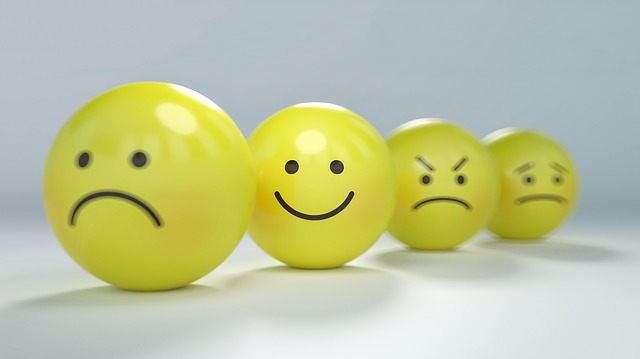
How Acupuncture Supports Emotional Health
1. Stress Relief and Relaxation
In Western medicine, stress triggers the “fight or flight” response, leading to the release of stress hormones like cortisol. Chronic stress keeps the body in a heightened state, which can negatively impact both physical and mental health. Acupuncture helps to counteract this by stimulating the parasympathetic nervous system—often referred to as the “rest and digest” system—helping to lower cortisol levels and promote relaxation. This not only provides immediate relief but also helps the body build resilience to future stressors.
2. Balancing Emotions
From a Western perspective, emotional imbalances are often linked to neurotransmitter dysregulation, such as serotonin or dopamine imbalances, which can contribute to conditions like anxiety and depression. Acupuncture works by restoring the flow of Qi (vital energy) in the body, which can be understood as promoting better communication between the nervous system and the endocrine system. This helps to stabilize mood, reduce anxiety, and foster a sense of inner peace.
3. Alleviating Anxiety and Depression
Anxiety and depression are complex conditions that involve both the mind and body. Western medicine often treats these conditions with medications that alter brain chemistry. Acupuncture offers a natural alternative by targeting specific points that stimulate the release of endorphins and serotonin, the body’s natural mood regulators. This can calm an overactive mind, uplift the spirit, and restore a sense of motivation and well-being. Combined with Chinese herbal medicine, acupuncture provides a comprehensive approach to managing anxiety and depression.
4. Enhancing Sleep Quality
Sleep issues often arise from an overactive nervous system, hormonal imbalances, or chronic stress. In Western medicine, poor sleep is linked to conditions such as insomnia, which can exacerbate emotional imbalances. Acupuncture improves sleep by addressing these underlying issues, helping to regulate the body’s circadian rhythm and promote deeper, more restorative sleep. This is crucial for emotional well-being, as quality sleep allows the brain to process emotions and restore balance.
5. Supporting Mind-Body Connection
In Western medicine, it’s recognized that emotional distress can manifest physically, leading to symptoms such as headaches, muscle tension, or digestive issues. Acupuncture addresses both the physical and emotional aspects of health by releasing stored tension, improving circulation, and restoring harmony between the mind and body. This holistic approach not only alleviates symptoms but also fosters greater emotional resilience and overall well-being.
Why This Matters
When we are in the best mindset, we are empowered to be the best version of ourselves. Emotional well-being enables us to excel in our jobs, be present and supportive for our friends and family, and live a life of balance and fulfillment. By prioritizing your emotional health, you’re investing in a foundation that supports every aspect of your life—helping you thrive both personally and professionally.